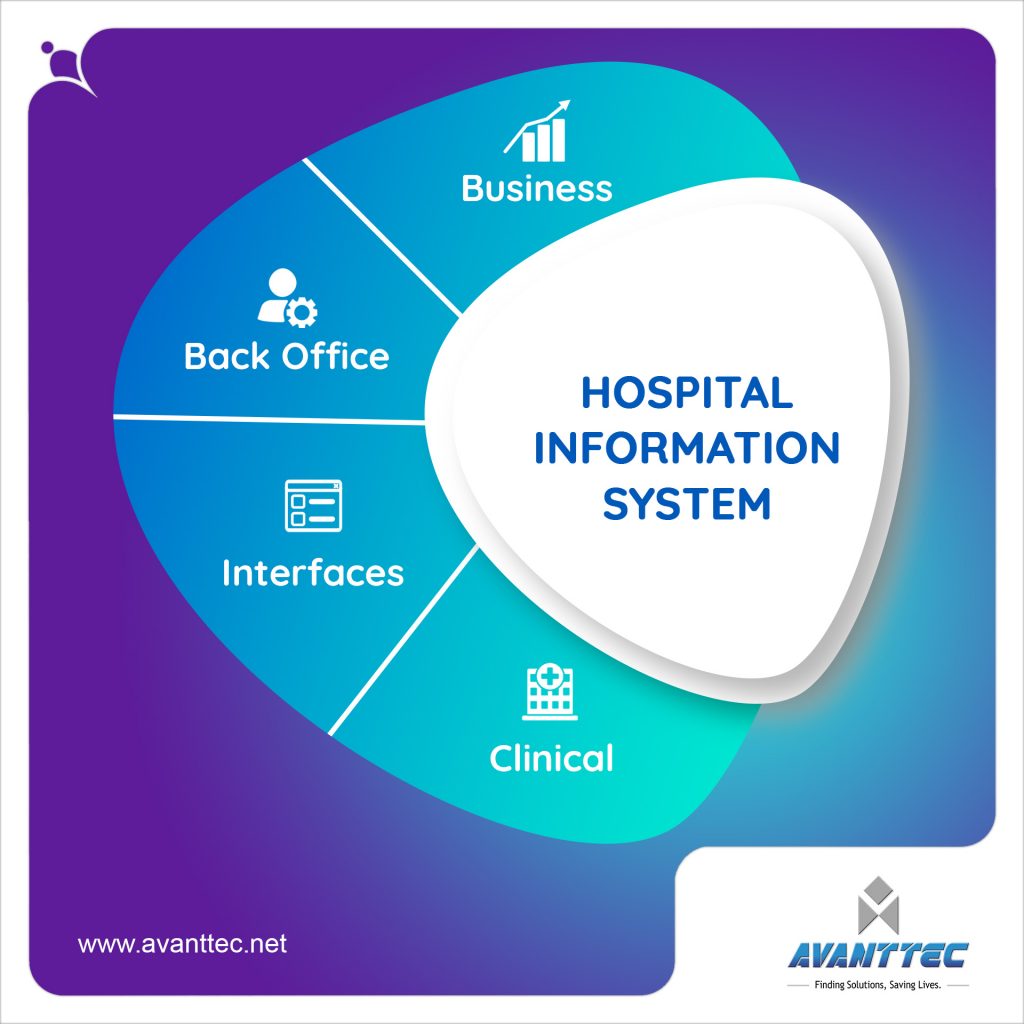Streamline Your Healthcare Operations with Powerful Hospital Management Software
Hospital Management Software
In today's fast-paced healthcare industry, efficient management of hospital operations is vital for delivering high-quality patient care and ensuring smooth administrative processes. With the advent of advanced technology, hospitals can now leverage the power of Hospital Management Software (HMS) to streamline their operations, enhance productivity, and improve overall patient satisfaction. In this article, we will explore the key features and benefits of an effective HMS, and how it can revolutionize the way hospitals function.
Centralized Patient Records Management
Efficient patient record management is crucial for healthcare institutions. An HMS provides a centralized system to securely store and manage patient data, including medical history, prescriptions, lab reports, and demographic information. This eliminates the need for paper-based records, reduces the chances of errors, and ensures easy accessibility of information for authorized healthcare professionals.
Appointment Scheduling and Management
A robust HMS simplifies appointment scheduling and management processes. It enables patients to book appointments online, reducing the burden on front desk staff. The software can automatically send appointment reminders to patients, minimizing no-shows and optimizing the utilization of healthcare resources. Real-time updates and notifications ensure smooth coordination between doctors, nurses, and other staff members.
Billing and Revenue Cycle Management
Hospital Management Software streamlines the complex billing and revenue cycle management tasks. It automates billing processes, generates accurate invoices, and tracks payments, reducing errors and delays. The software integrates with insurance systems, facilitating smooth claim processing and reducing paperwork. By optimizing revenue cycle management, hospitals can enhance financial efficiency and improve cash flow.
Inventory and Pharmacy Management
Managing hospital inventory and pharmacy supplies efficiently is critical to avoid shortages or wastage. An advanced HMS provides features to track stock levels, automate reordering processes, and manage expiry dates. It ensures that necessary medications, medical equipment, and supplies are readily available, minimizing disruptions in patient care and optimizing resource utilization.
Streamlined Workflow and Communication
Effective communication and collaboration among healthcare staff are essential for delivering timely and coordinated patient care. Hospital Management Software offers features such as internal messaging systems, task assignment, and real-time updates, facilitating seamless communication among doctors, nurses, and administrators. This promotes efficient workflow management, reduces errors, and enhances overall operational efficiency.
Data Analytics and Reporting
An HMS enables hospitals to analyze data and generate insightful reports to identify trends, evaluate performance, and make informed decisions. By leveraging data analytics, healthcare institutions can optimize resource allocation, identify areas for improvement, and enhance patient outcomes. Real-time dashboards provide key performance indicators, allowing administrators to monitor hospital operations in real-time.
In today's technology-driven healthcare landscape, Hospital Management Software plays a crucial role in enhancing operational efficiency, improving patient care, and boosting overall productivity. From centralized patient record management to streamlined appointment scheduling, billing, and inventory management, an effective HMS empowers hospitals to overcome challenges and embrace a more efficient and patient-centric approach. By implementing a robust HMS solution, healthcare institutions can revolutionize their operations and provide superior care in an increasingly competitive industry.
Hospital Management Software plays an important role in simplifying the workflow of hospitals by digitizing the entire operations of a hospital.
1. What is the important criteria to be looked in a Hospital Management Software?
The success of a hospital Management system lies mainly on user-friendliness. Then only the implementation and training becomes seamless and the users in all departments of a hospital can relate their day to day work with the software.
Such a user friendly software can be delivered by a team consists of health care professionals, a company in healthcare domain, has close connection with every type of staff in a hospital so that they can understand their ability.
2. What are all the advantages of having a Hospital Management ?
The overall advantages of the HMS are: Erroneous is greatly reduced, Customer (Patient) satisfaction increases and thus foot fall increases, Ecofriendly green system implemented by reports/ results / information are moved digitally than in a paper, dashboards help the hospital management to a greater extent.
3. What are the main functions of Management Software?
HMS has mainly 3 functions such as Clinical Modules, Administration modules and Back office Modules.
4. What is the significance of Clinical Modules of a Management Software?
The Clinical module of this system is patient centric that can be further separated into Front office and Doctor’s Modules.
- Front office module deals with patient appointment, registration, Visits, Visit types, online appointments.
- Doctor’s Module deals with Case Notes, Prescriptions, Admission Charts, Treatments, Operation Notes, and Discharge Summaries. The clinical part eases out the tasks for consultants thus doctors spend more time with patients and able to consult more patients in a given time.
5. What is the significance of Administration Modules of a Software?
Administration module of Hospital Management system handles the back office information such as Accounts, Insurance Billing & reconciliation, Corporate Billing & reconciliation, Masters of all the services, Wards, Consultants, etc.
This module also has the MIS reports and Dash Boards for the Hospital Management. With these MIS reports and Dash board, the hospital management can take a quick decision on the business front.
6. What is the significance of Back office Modules of a Hospital Software?
Any business needs a back office support for smooth functioning of the establishment.
Few of the back office modules are Stores & Inventory, Asset management, Equipment Management, Human resource management, and so on.


